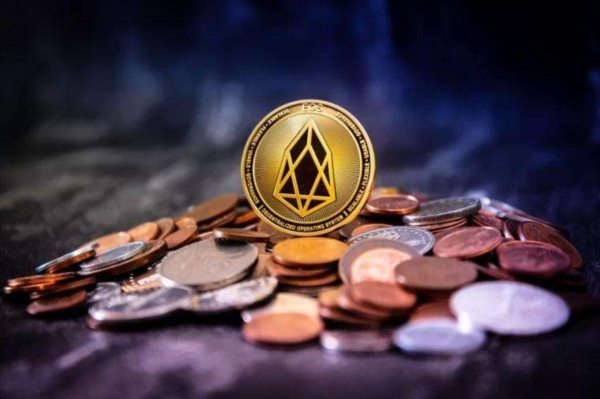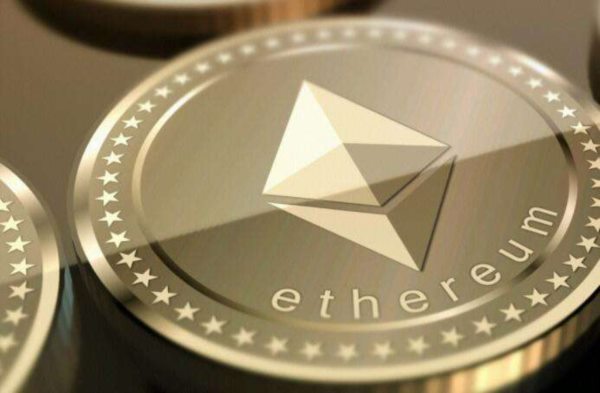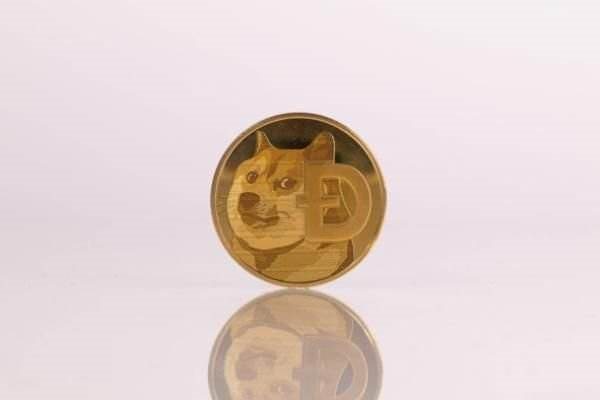时间:2023-07-23|浏览:245
The NFT boom in the DeFi space is one such example. Non-fungible tokens (NFTs) represent a tokenized version of an asset, be it a digital asset or any other kind of asset. They are similar to stablecoins, but they represent non-fungible assets like artworks, real estate, or collectibles, rather than fiat currency. Popular applications of these tokens include virtual games like CryptoKitties and Decentraland.
This year, especially recently, these types of tokens and related projects have been on the rise. According to NonFungible.com, NFT sales reached nearly $1 million in the first week of September alone. However, in the past seven days, NFTs worth nearly $2 million have changed hands.
Following in the footsteps of DeFi, projects in the NFT industry have also started issuing their governance tokens, a trend that may help the industry gain traction much like DeFi has in the liquidity sector. Ilya Abugov, project manager at DappRadar, told Cointelegraph, "There is more promotion around NFTs now. In a way, it's an extension of the DeFi craze. We've seen with DeFi that once a trend starts, it snowballs. Compound issued its governance token and other platforms almost had to issue their own governance tokens. Now, Rarible has started issuance of governance tokens on the NFT marketplace, and other marketplaces may feel the pressure to issue their own tokens too."
So, how exactly does an NFT work? With the surge in activity and the flourishing of projects, NFTs have gained popularity for their ability to tokenize various assets, such as virtual collectibles, in-game items, digital artworks, and even event tickets or real estate. This opens up a wide range of possibilities for both digital and real-world assets, such as convenient transfers and proof of ownership, and can help solve many longstanding issues in various industries. Abugov said, "Art and collectibles are the most accessible use case for retail users, so the promotion may focus on this for some time. If we see an exciting game and more artists joining the ecosystem, then the trend may get more mainstream attention. But from tokenizing assets to archiving, NFTs unlock more use cases."
Bringing art back to the smart age, the art world has represented one of the most popular applications of NFTs so far. NFT-based digital art auctions have become increasingly common. The highest sales record for NFT art was set in July when "Picasso's Bull" sold for over $55,000. This record was later broken on October 7th, when a Bitcoin-code-inspired collectible artwork titled "Portraits of a Mind" sold for $130,000 at the renowned auction house Christie's.
NFTs can also help artists, such as musicians and filmmakers, register their work and protect their copyrights from infringement. These projects can even enable direct interaction between artists and consumers through blockchain-based payment and transaction solutions, increasing artists' income and improving their revenue efficiency. Viberate is a company that uses blockchain technology to help artists solve copyright issues, among other things. Vasja Veber, co-founder and business development director of Viberate, told Cointelegraph, "NFTs can fix this messy situation. The most obvious use case, at the moment, is music rights. Songs represent several sources of income to artists: copyrights, performing rights, neighboring rights, revenues from recordings, streaming, and record sales, among others. For major artists, there are usually many intermediaries involved in their work, each taking a share of the income. [...] It's a complex process, and a lot of money is stuck somewhere in the system, never reaching the rightful owners."
NFTs have also gained popularity in the gaming industry, allowing in-game items to be tokenized and easily transferred or exchanged. For instance, NFTs could be used to transfer or exchange in-game items for currency without the need for credit endorsements from buyers/sellers or third parties. Such systems can be integrated with existing games or used to create entirely new ones.
NFTs can improve the gaming experience itself, making it more immersive and rewarding, and can create new economies within games, allowing players to earn real-world monetary rewards from their time spent in the game, while giving game developers new incentive systems for their games. Despite several popular blockchain-based games, many projects are also providing infrastructure services for game players, developers, and other industry participants using
热点:NFT



![[加密360]加密热潮:比特币对于交易者来说仍然是安全的选择吗?](/img/20240105/3141625-1.jpg)
![[加密360]加密热潮:比特币对于交易者来说仍然是安全的选择吗?](/img/20240105/3141625-1.jpg)



![[加密360]CFTC 警告人工智能无法选出下一个加密货币赢家](/img/20240207/3351683-1.jpg)
